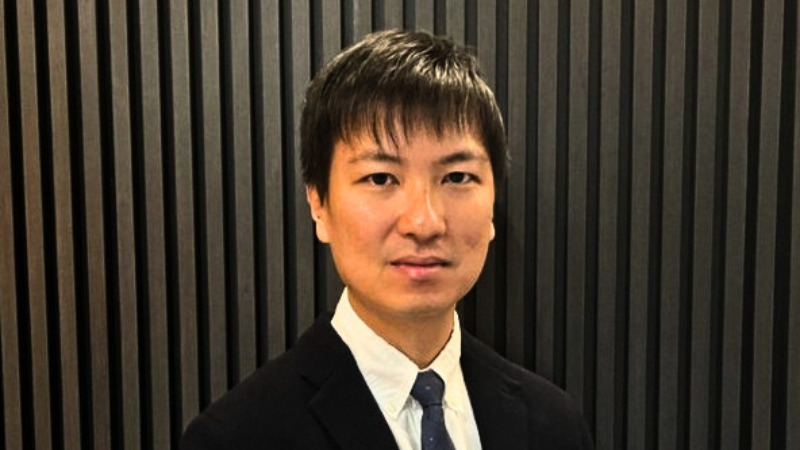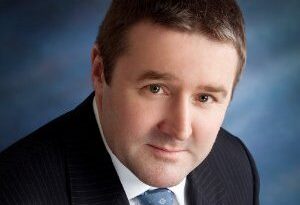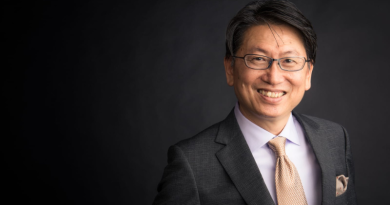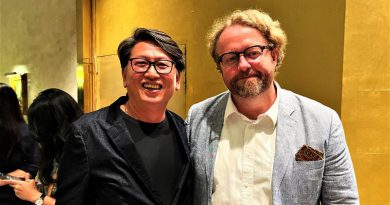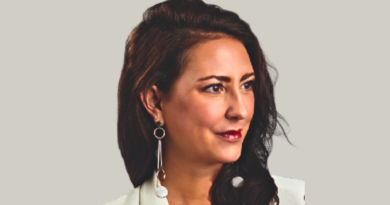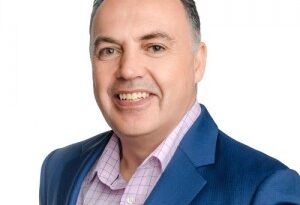Sean Tan of Asia Genesis on the skills over views concept
Asian macro fund house Asia Genesis Asset Management’s Head of Trading, Sean Tan, talks to Hedge Funds Club’s Stefan Nilsson about how he works with the firm’s other traders. He also explains the winning concept of skills over views.
You joined Asia Genesis Asset Management earlier this year. How did this career move come about?
Firstly, I should mention that I am delighted to join Asia Genesis and Soon Hock Chua. The firm and Soon Hock have a stellar and pristine reputation in the asset management space. I am happy to be able to make a contribution here. I was introduced to Soon Hock by way of James Loh, himself a pioneer in asset management and one of Asia Genesis’ advisors and non-executive directors. It was a rather serendipitous encounter as there was initially no business talk on the table and we were just having afternoon tea. If anything, I decided to make a personal investment in the fund right after and it was only across several more encounters when we started exploring a potential partnership. Soon Hock laid out a multi-year plan for Asia Genesis, which entailed both continuing to deliver steady returns to investors and also business growth as an organisation. There were several options on the table at that point but it was not a difficult decision to join and learn from one of the best in the business. The other key factor was that I saw how Asia Genesis and Soon Hock prioritised the welfare of its investors consistently through the years.
Following a good foundation of experience from the banking world at HSBC and Morgan Stanley, you worked as a trader at Grasshopper and a PM at Tower Research Capital. Is it a big difference for you now working at a more entrepreneurial shop than when you worked at those bigger shops?
I’d like to think that I come from a rather entrepreneurial background from my experiences both in Grasshopper and Tower Research Capital. I was an early employee with Grasshopper thanks to John Lin who took a chance with me and kickstarted my trading career, and at Tower Research, I was responsible for spinning up a new trading team from scratch. At Asia Genesis, we are at the point where we have both the appetite for growth but also the sanity and composure to keep in place what has worked well. This fits well with my past experiences to try to build and grow something rather than remain static or stagnant. I do also feel that being in Singapore, where there is an influx of capital and investment, we are well positioned for that growth.
You manage Asia Genesis’ flagship Asian macro strategy together with the firm’s founder and CIO, Soon Hock Chua. How do you work together to manage the portfolio along with the other traders?
Soon Hock manages a large majority of the portfolio, and being in this position of watching him up close is highly beneficial for the team’s and my development. We typically discuss and agree on both the longer term and shorter term trends, risks and opportunities. This forms the firm’s core view and we trade or take risks in line with that view. We are specific on the products and markets we engage in and we define the market phase that we expect of it. Bull, bear or range markets. That view guides the direction and approach of the risk taking across a longer time frame but we do huddle frequently to discuss or update on the shorter term approach as markets and macro developments unfold. In terms of day-to-day execution, it can be quite independent between traders including myself on how we express our positions and bets. However, we are guided both by the firm’s view as well as risk parameters. Risk parameters are extremely stringent for all traders, including for Soon Hock, as we aim to deliver an all-weather product with consistent returns and low downside volatility across all time frames. In addition, we have traders that cover night or US hours as well, to help with execution. This is essential as markets are mostly open 23 hours daily, and helps ensure the portfolio processes are optimised.
I have heard you and your colleagues talk a lot about “skills over views” recently. Tell us about it.
This is indeed almost like a mantra we abide by. It might sound rather unconventional but it has worked for Soon Hock for the last 20 years or so. Most fund managers would have a view on the market, and we are similar in that. But we do have a mandate to deliver consistent returns to investors. It is not quite possible for anyone to be right across all time frames, and that’s where the “skill” part comes in. How does one generate returns in spite of being wrong in their views? Firstly, we never ever bet the house on any one particular view however strong the conviction we might have. This right sizes our risk taking in that we give allowance to be able to quickly adapt to present market conditions and opportunities. Here is where the active trading bit comes in as markets tend to be overextended or dislocated many times every year and because we manage risk well enough, we can always position ourselves to take advantage of those. While this might sound rather simplistic, it requires a level of sensitivity to the markets and an understanding of the unique characteristics of each and every product as well as every market that we participate in. We do have quite a number of instances where despite markets going against our core views or positions, we managed to generate a positive return on the month due to this approach. And of course, we aim to outperform when our views are right.
What do you think makes a great portfolio manager in the macro space today?
To recap today’s macro backdrop: We are undergoing a regime change after more than a decade of near zero interest rates in the US where before that was a long period of several decades of rates coming off. Inflation is stickier now, with wars, supply chain disruptions and producers hiking prices. While AI and tech developments are deflationary, it won’t be enough to offset the tremendous inflationary effects of QE and its effects through the covid crisis as well. This coming decade will not be a one-way street up for global equities unlike the markets post GFC and as such, it will be a test of adaption for asset managers. What had worked previously is quite unlikely to repeat given this regime change. A successful manager today would have to be very adept at adapting to these. Practically, I would also watch for the manner which the manager takes on risk, including the amount of leverage or exposure on the portfolio. It’s better to err on the conservative side of things here in today’s changing world. That said, a good sense of the market and the ability to interpret and look around the corner are absolute essentials.

